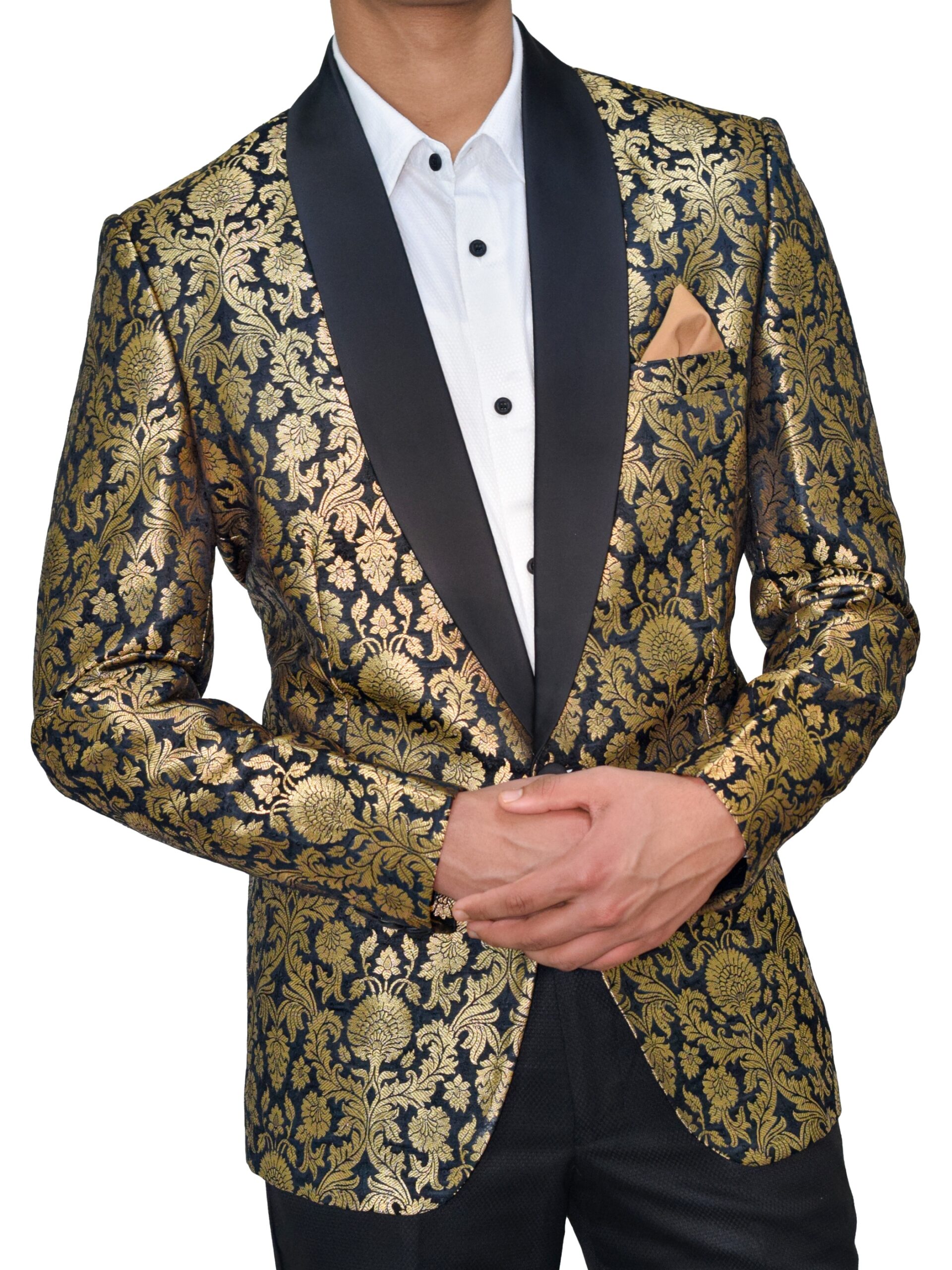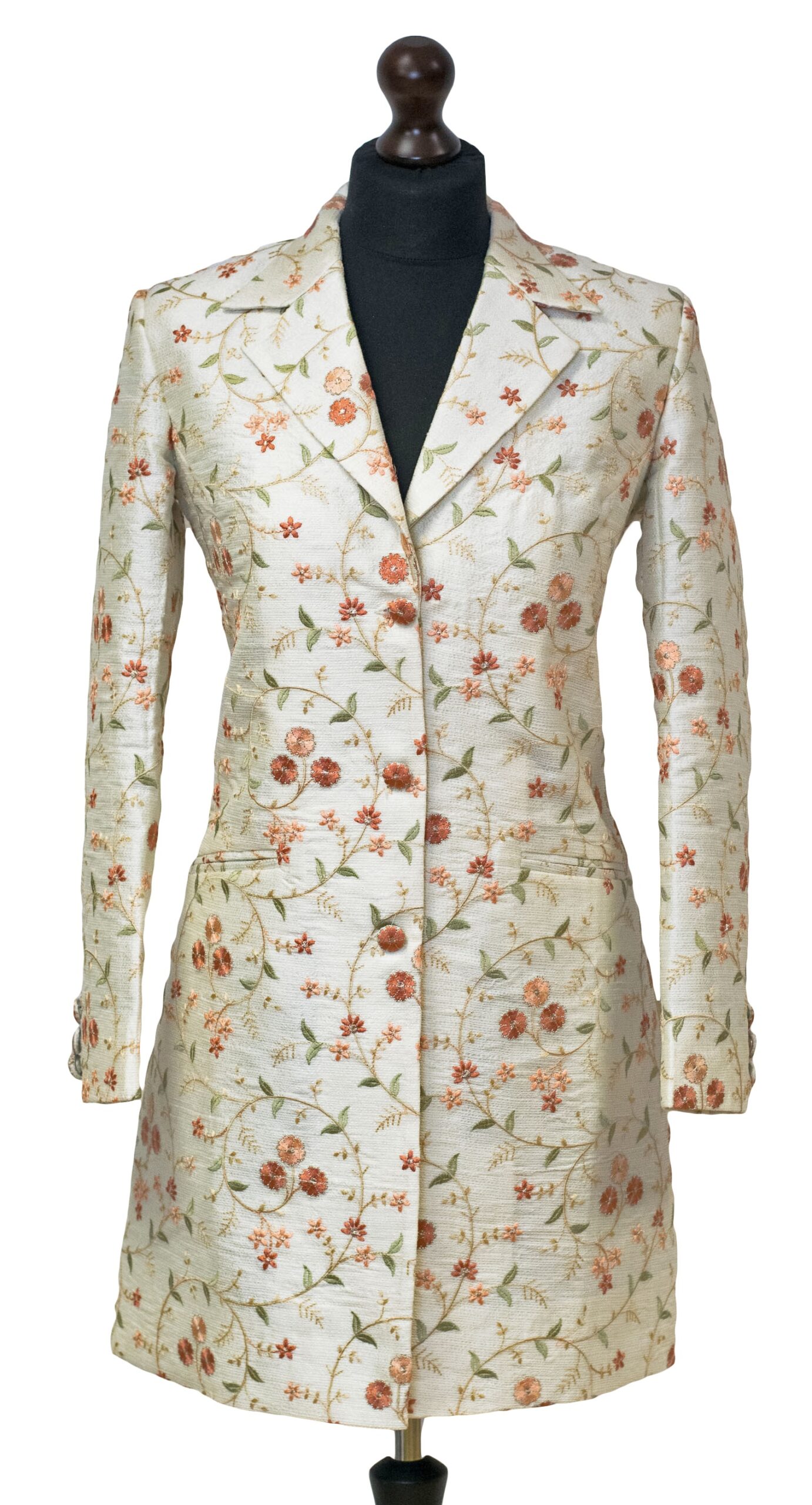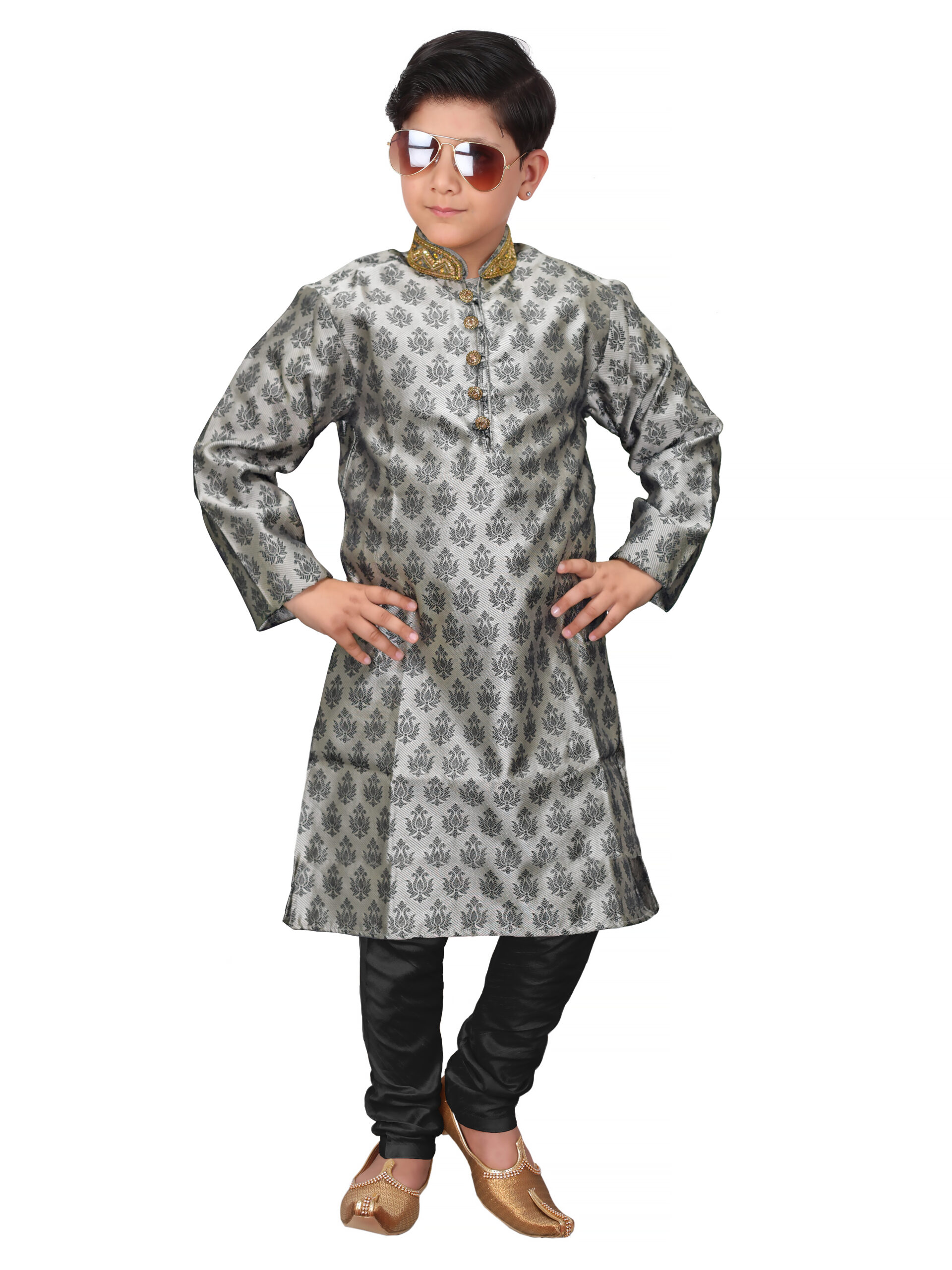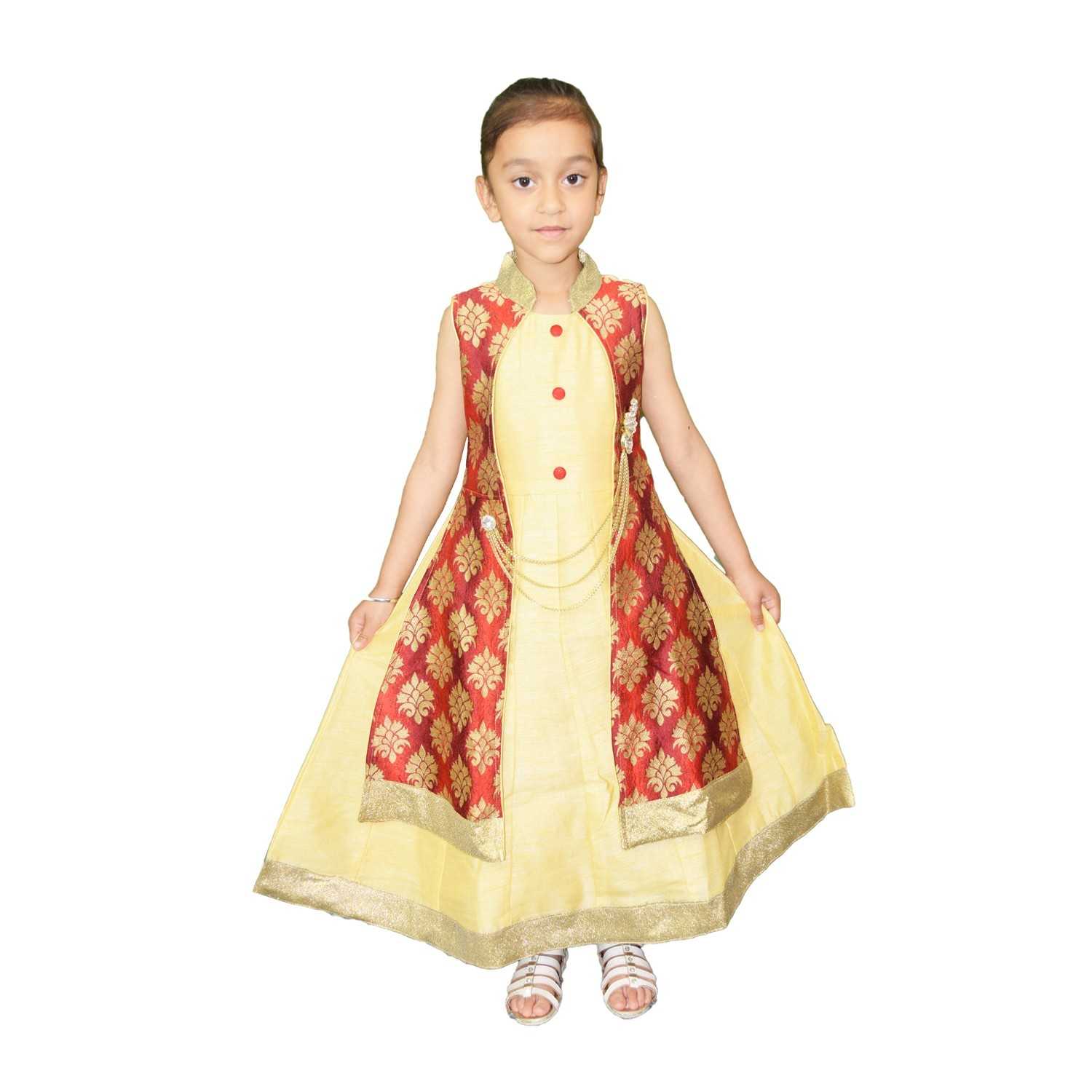Do you know what “pontoon” means? This is about the card game Pontoon, not the floating bridge.
If you like blackjack, there’s a good chance you’ve played pontoon at some time. What role does it play in blackjack? What are the guidelines for playing pontoon cards, furthermore?
Enjoy the voyage as we take you on an excursion as we go over the history of pontoon, the rules of the game, and how it differs from blackjack in today’s blog article. While we’re at it, let’s talk about some very fantastic ponton strategy tips and techniques.
The background of Pontoon
We will benefit from commencing at the beginning. What is the history of 91 club and how did they come to be?
It should be mentioned that pontoon was not the original name of this card game. Its real name at the beginning was Vingt-Un. You may also hear the term “British domestic version of Twenty-One” to describe it.
Vingt-Un was first called in the eighteenth century in Prussia, Britain, and France. The more intricate regulations were adopted in Britain during the course of the 19th century, while the first, simpler ones were enacted in 1800.
The name “pontoon” was previously used for the game in Britain during World War I. Some hypotheses claim that the term “pontoon” is really a mistranslated form of the French term “vingt-un,” which is used to describe soldiers.
It was some time before the word “pontoon” became popular. In 1939, the card game’s official name was Vingt-et-Un, though it was previously known by the term Pontoon.
With the game becoming more and more popular, it was rated third in Britain by jeetbuzz, behind only rummy and whist. Due to their widespread availability, blackjack and twenty-one may continue to be popular despite this.
Rules for Playing the Card Game Pontoon
Thankfully, if you can play blackjack, you can understand the rules of the pontoon card game very easily.
A standard 52-card deck is utilized instead of jokers when playing pontoon. Usually two to four people are involved, however the game may support up to eight players.
In pontoon, face cards—also referred to as court cards—have a value of ten each, while the ace might be worth one or eleven. The result is 21, sometimes referred to as a “natural” or “natural vingt-un” if the two cards dealt are an Ace and a ten or an Ace and a face card. This combination is sometimes known as a “pontoon.”





